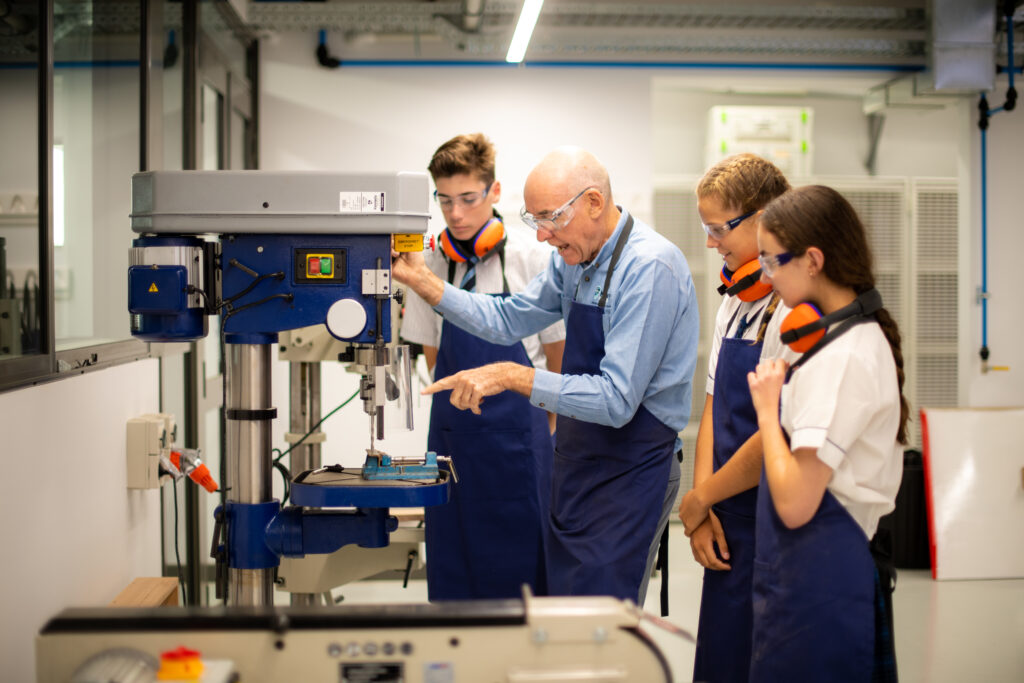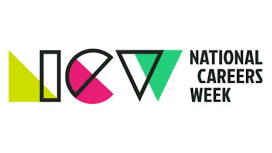Last week we celebrated National Careers Week. It is an initiative of the Career Industry Council of Australia. The aim was, and still is to promote the economic, social, and personal benefits associated with utilising career development services. It includes gaining knowledge and using skills to assist students in making informed education, training, and work decisions.

One way this can be achieved is by identifying the changing nature of work and its impact on all Australians. Practitioners can then assist in developing community awareness and help students in their career development.
In February this year, I (Mrs Mary Minorgan) attended the CDAA Conference, where Professor Alan Duncan, Director of the Bankwest Curtin Economics Centre, presented emerging WA labour market trends and discussed critical issues raised during the Jobs and Skills Summit held in Canberra last year.
He identified that:
- WA is experiencing a skills shortage, and investment in education and training is crucial. However, with delays in obtaining qualifications for entry into professional and trade occupations, matching workers to job opportunities required current labour market information and strong projections of future labour market demand.
- From November 2019 – November 2022, health care, social assistance, and construction jobs came to the fore. Whilst retail jobs had fallen slightly. Most other sectors – mining, education, accommodation, and food services had seen employment growth compared to pre-pandemic levels.
- WA must develop its TAFE sector to capitalise on new economic opportunities. There are estimated to be 180,000 new free TAFE places created by 2023 (with shared funding between Federal and state governments).
- Micro-credentials must be credible, affordable, timely, and seen as a supplement rather than a substitute for tertiary education. There are calls for more “interoperability” between TAFE and universities.
- Hydrogen, advanced manufacturing, critical minerals, and climate change initiatives are essential to WA’s economic future.
- There must be a focus on growing clean energy jobs, developing advanced manufacturing and new technologies, and facilitating employment in climate mitigation activities.
- WA must leverage its hi-tech, AI/robotics expertise and remote operations within the mining industry towards other sectors (e.g., agriculture, food, space).
Finally, the 2020 Shergold Report, into secondary pathways to work recommendations, highlights the critical role of career practitioners in helping students identify their career ambitions, matching this to post-secondary courses of study whilst incorporating the future demand for skills required as the Australian economy transitions following the impact of the COVID-19 pandemic.
If you or your child would like to discuss career options our Careers Hub at Kennedy Baptist College offers a safe space to get information and assistance.
Mrs Mary Minorgan
Career Development Coordinator




